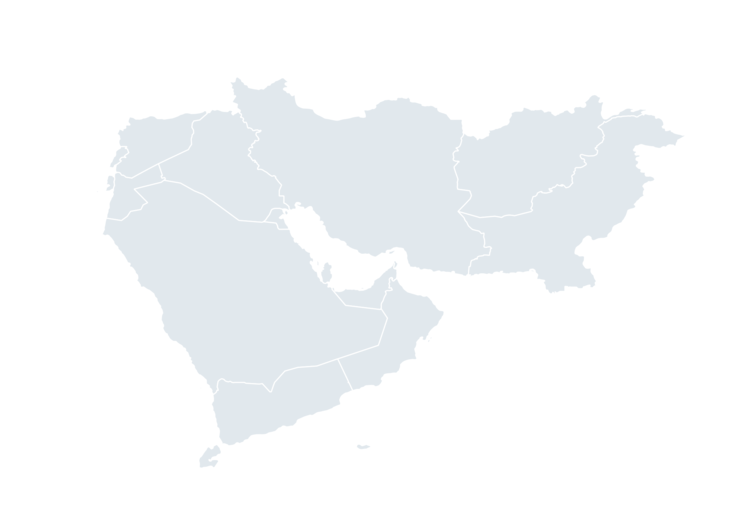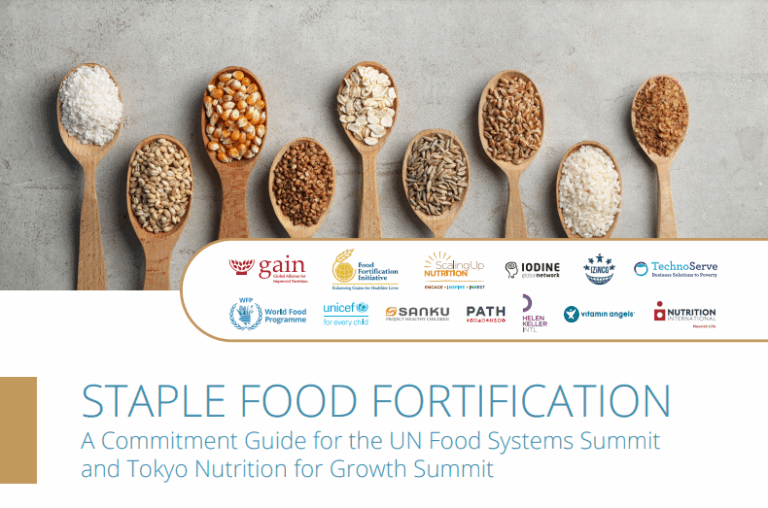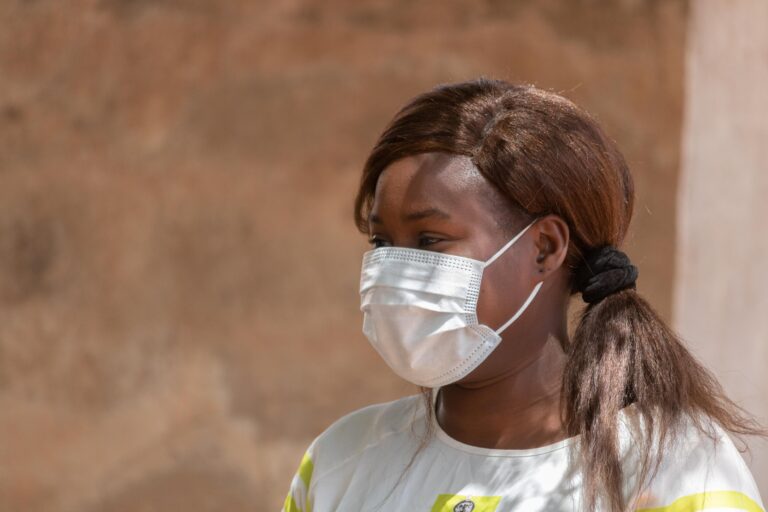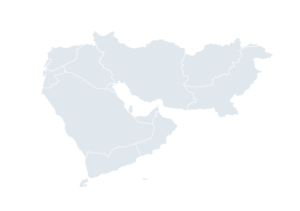Middle East
Region Profile
Wheat flour is the main cereal grain consumed in this region. In 1978 Saudi Arabia became one of the first countries in this region to require wheat flour fortification. In the 1990s, several more countries in the region began fortifying wheat flour with encouragement from international organizations such as the World Health Organization (WHO), the United Nations Children’s Fund (UNICEF), and Nutrition International (formerly Micronutrient Initiative).
Oman Flour Mills began fortifying flour with iron and folic acid on a trial basis for a regional workshop held in Oman in October 1996. By the time of the workshop, the flour was fortified successfully, making Oman the first country worldwide to achieve national-scale flour fortification with folic acid. Most countries with flour fortification mandates now include this essential B vitamin in their flour fortification standards. Countries which track the results have seen 30 to 70% declines in pregnancies affected by neural tube defects. See the report.
This region is also a global leader with another nutrient as Palestine, Saudi Arabia and Jordan are the first places to fortify flour with vitamin D. Iran is considering adding vitamin D to its standard for fortified wheat flour.
Basic fortification information is available in Arabic. In updating or creating new policy documents for fortification, review this checklist of key topics to include in legislation, standards and monitoring guidelines.
See the Global Fortification Data Exchange for information on when the country’s legislation was passed and whether the country also fortifies cooking oil and salt.

Fortification Legislation Status
Click on any of the column headings to sort the list by country, wheat flour, maize flour, or rice.
Note: Qatar and the United Arab Emirates fortify more than half of their industrially milled wheat flour even though it is not mandatory.
| Country | Wheat flour | Maize flour | Rice |
|---|---|---|---|
| Bahrain | Mandatory | - | Voluntary |
| Iran, Islamic Republic of | Mandatory | - | - |
| Iraq | Voluntary | - | - |
| Israel | - | - | - |
| Jordan | Mandatory | - | - |
| Kuwait | Voluntary | - | - |
| Lebanon | - | - | - |
| Oman | Mandatory | - | - |
| Palestine, State of | Mandatory | - | - |
| Qatar | Voluntary | - | - |
| Saudi Arabia | Voluntary | - | - |
| Syrian Arab Republic | - | - | - |
| United Arab Emirates | Voluntary | - | - |
| Yemen | Mandatory | - | - |
Our definition of legislative status:
Mandatory: Country has legislation that has the effect of mandating fortification of one or more types of wheat or maize flour or rice with at least iron or folic acid.
Voluntary: Country has standard for fortification, but fortification is not mandatory.
If the information we have is incorrect, please send updated information to info@ffinetwork.org















